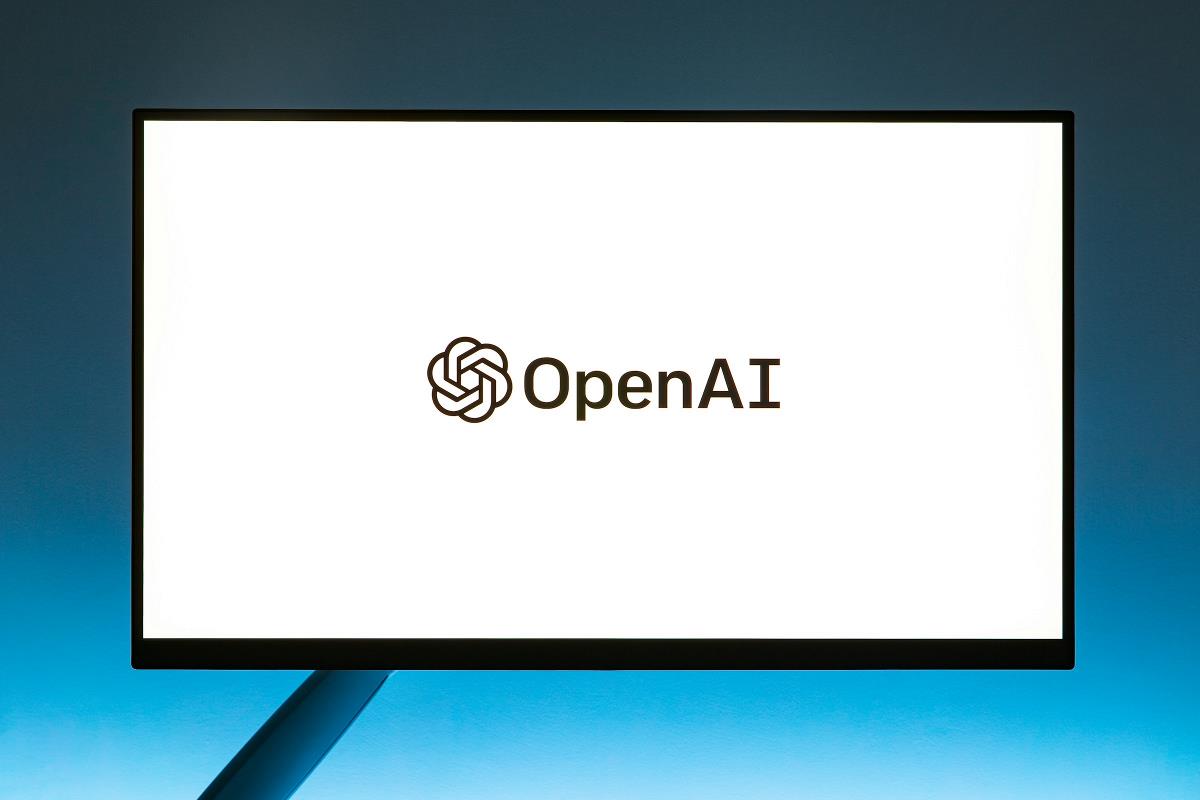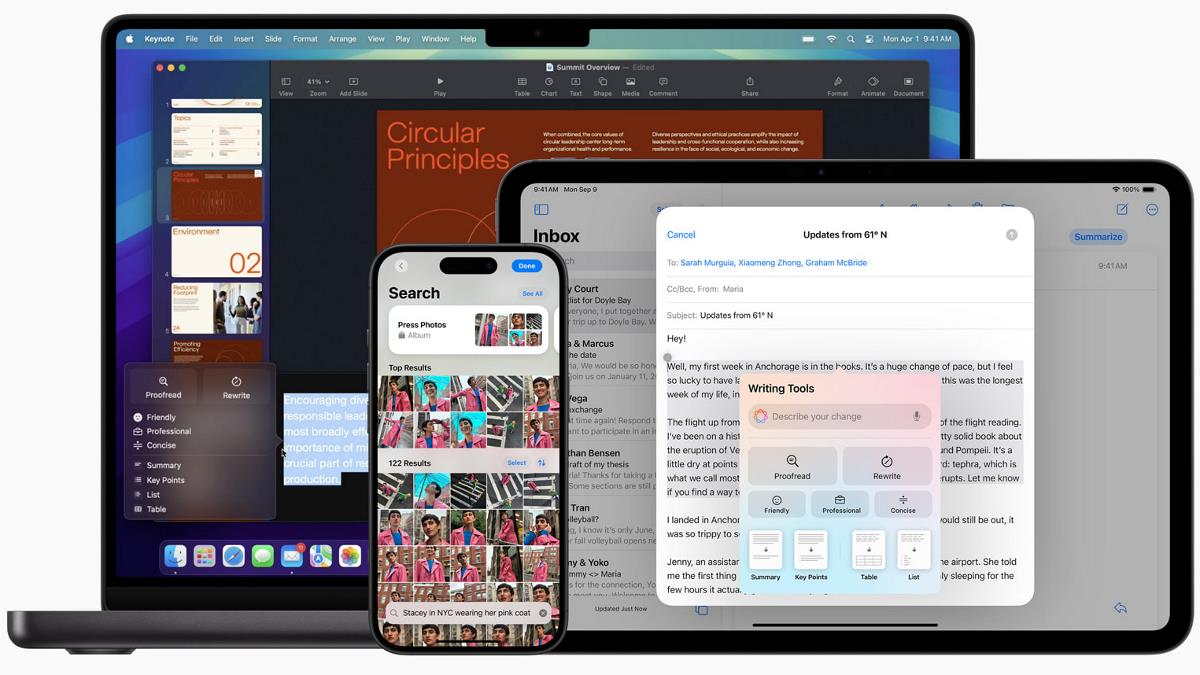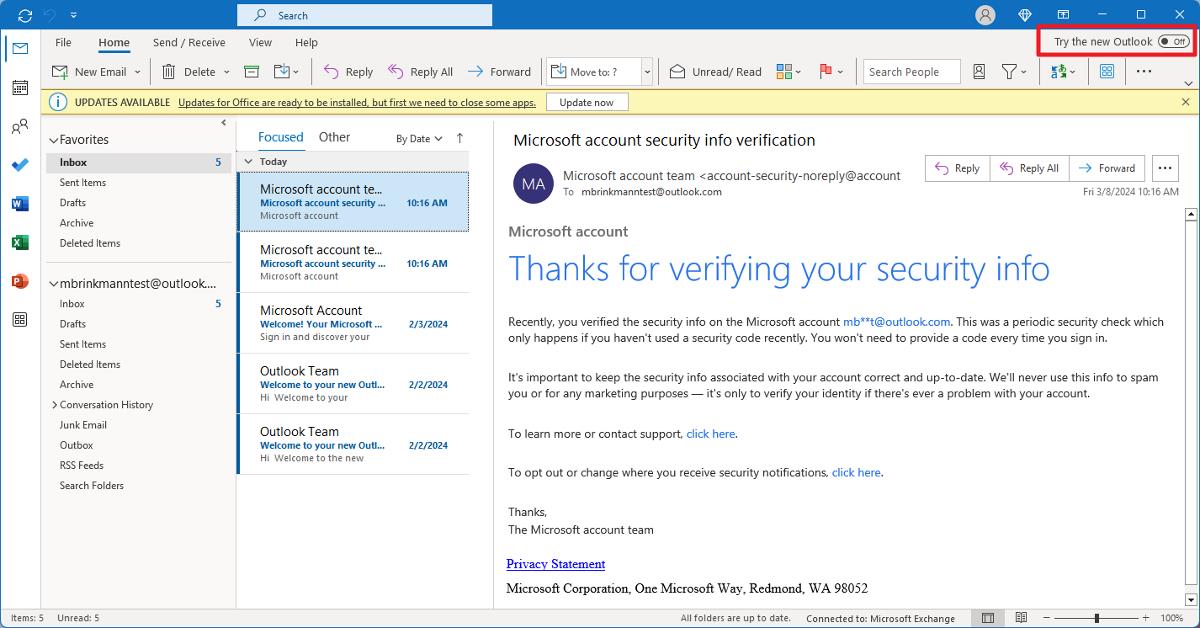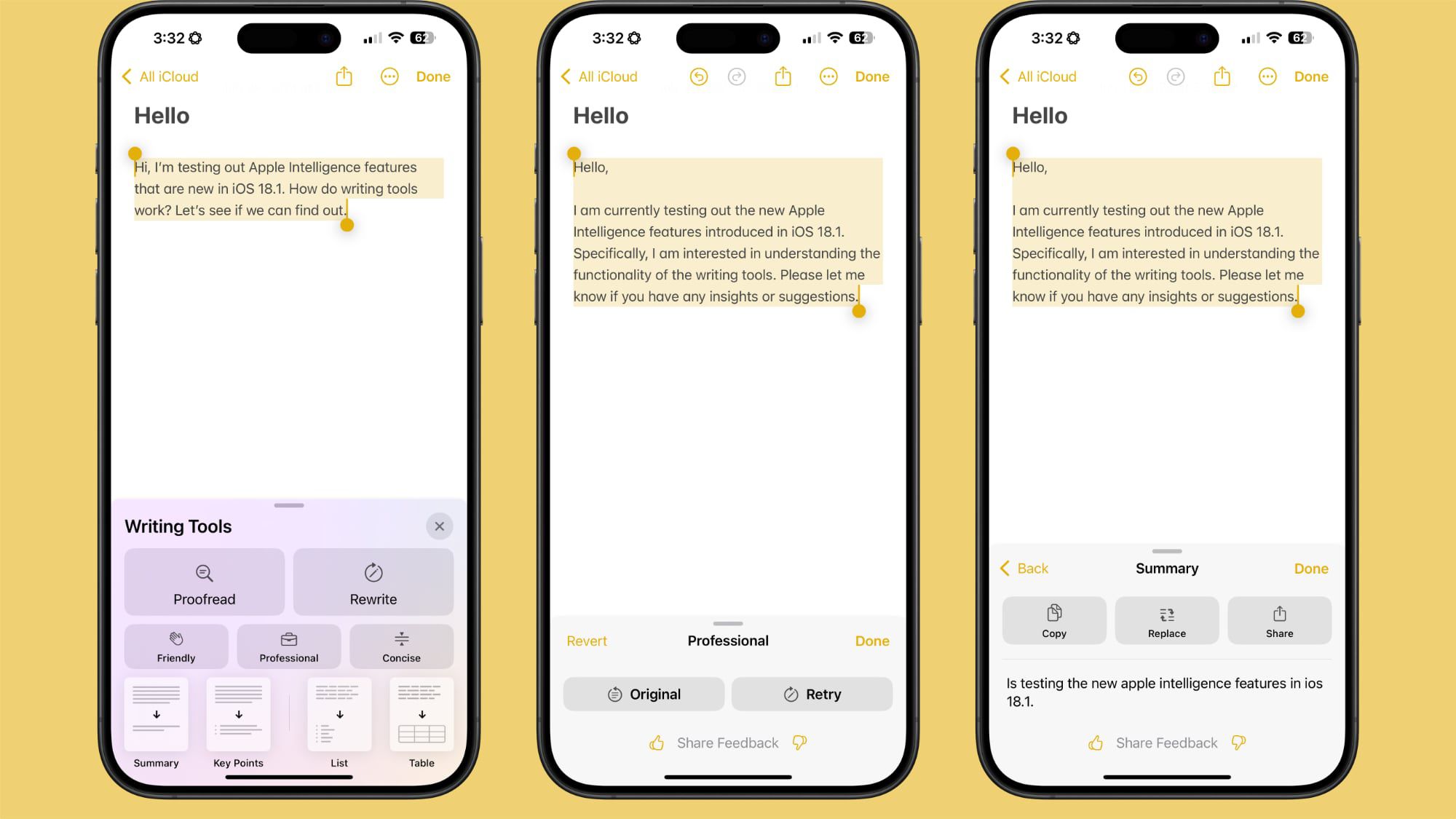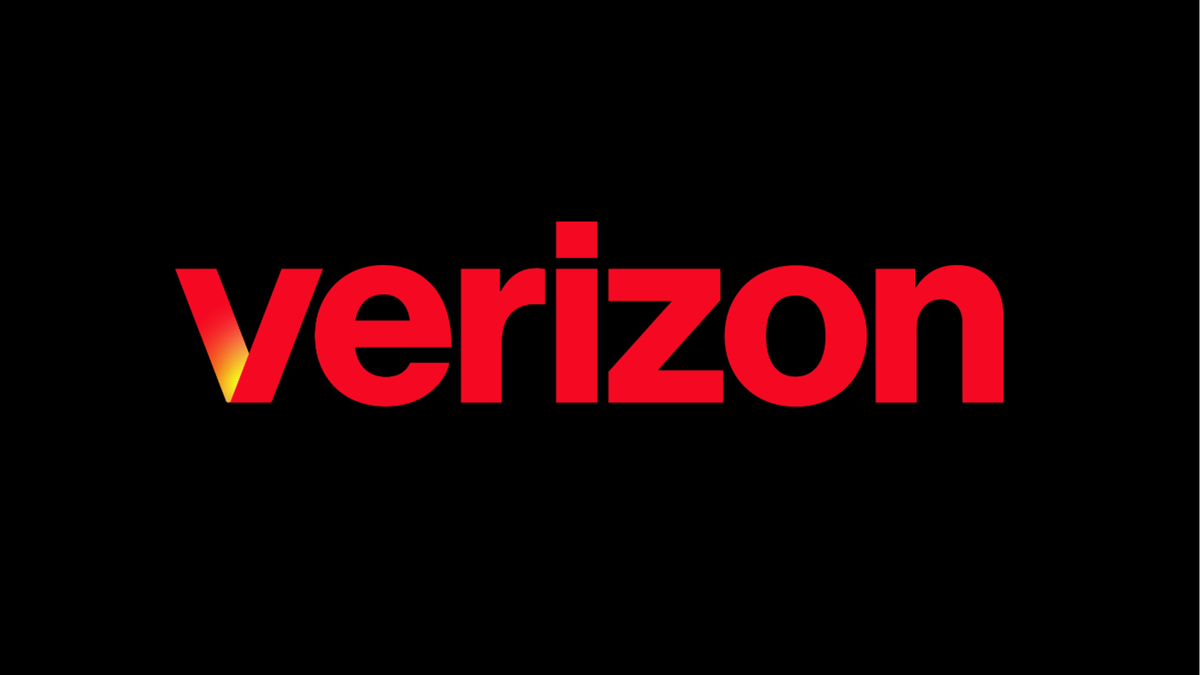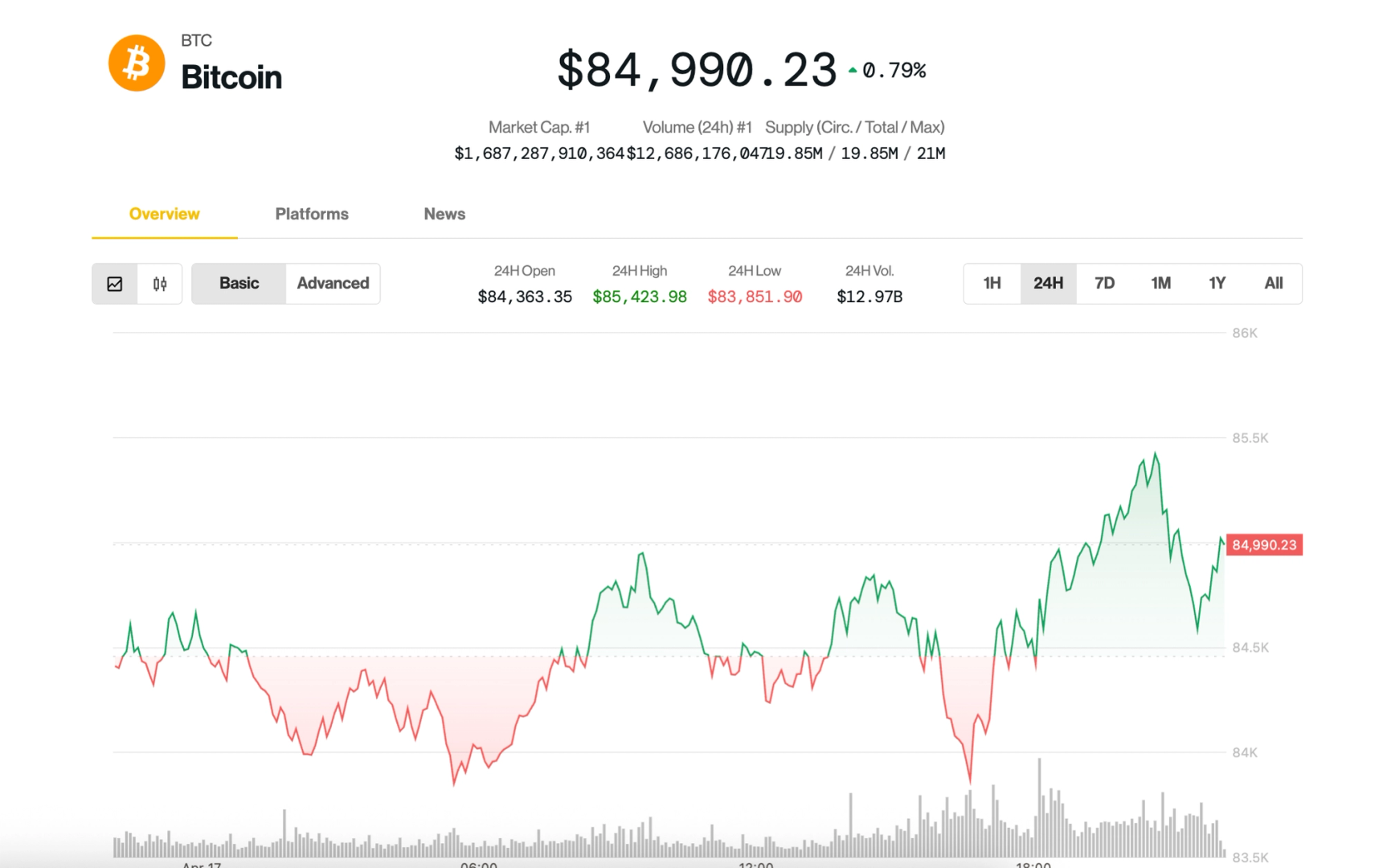Scaling Sports Betting Apps: How Sportsbook APIs Can Boost Performance & Real-Time Odds
The future of sports betting lies in ultra-responsive, data-rich apps that feel just as fast as live sports. For that, sportsbook API integration isn't just a technical choice—it’s a strategic advantage.

The global appetite for real-time sports betting is growing fast—and with it, the demand for responsive, scalable, and feature-rich apps. Users expect up-to-the-second updates, seamless betting experiences, and intuitive interfaces that keep them engaged through every match, inning, or quarter. For developers looking to meet these expectations, one factor stands out as mission-critical: sportsbook API integration.
Why Scaling Matters in Sports Betting
As user bases grow and betting volumes spike—especially during major events like the Super Bowl or FIFA World Cup—sports betting platforms must be built to scale. Latency, data lags, or crashes during peak usage can drive users away instantly. Building a scalable backend is no longer optional; it's a necessity for success in the competitive sports betting industry.
Real-Time Odds: The Lifeblood of Modern Betting Apps
Real-time odds delivery is where sportsbook APIs shine. These APIs fetch live data from bookmakers and provide continuously updated betting markets, enabling users to place bets on in-play events without delays. Speed and accuracy are critical here—not just for user satisfaction, but also to prevent pricing errors that could lead to financial loss.
The Role of Sportsbook API Integration in Performance
A well-executed sportsbook API integration doesn't just feed your app with live scores and odds. It enhances the entire user experience by providing:
-
Instant market updates
-
Automated bet settlements
-
Live event data (injuries, scores, line shifts)
-
Efficient backend data syncing for multiple regions
When paired with scalable cloud infrastructure, APIs can distribute data across regions quickly and securely, minimizing latency and ensuring smooth real-time operations.
What Sports Betting App Developers Should Consider
For sports betting app developers, the challenge isn't just about connecting to an API—it's about choosing the right one, optimizing it for performance, and building architecture that supports future growth. Key considerations include:
-
Data refresh rate and latency
-
API reliability and uptime
-
Compliance with regional betting laws
-
Scalability of the API provider itself
-
Documentation and developer support
Choosing a sportsbook API that aligns with your app’s growth goals can make or break the user experience.
Scaling Strategies with APIs
Here are a few strategies developers can adopt to scale efficiently:
-
Load balancing across API requests to manage high-traffic periods.
-
Caching frequent data calls to reduce API load and latency.
-
Using serverless architecture to handle spikes in user activity.
-
Optimizing front-end rendering based on prioritized, real-time data.
By planning around these practices, developers can reduce bottlenecks and ensure their betting apps remain fast and reliable—even during major sporting events.
Final Thoughts
The future of sports betting lies in ultra-responsive, data-rich apps that feel just as fast as live sports. For that, sportsbook API integration isn't just a technical choice—it’s a strategic advantage. And for sports betting app developers who want to stay ahead of the curve, mastering scalable design and smart API implementation is the key to long-term success.









































































































































































![[The AI Show Episode 144]: ChatGPT’s New Memory, Shopify CEO’s Leaked “AI First” Memo, Google Cloud Next Releases, o3 and o4-mini Coming Soon & Llama 4’s Rocky Launch](https://www.marketingaiinstitute.com/hubfs/ep%20144%20cover.png)









































































































































































































![Rogue Company Elite tier list of best characters [April 2025]](https://media.pocketgamer.com/artwork/na-33136-1657102075/rogue-company-ios-android-tier-cover.jpg?#)








































































.webp?#)























































































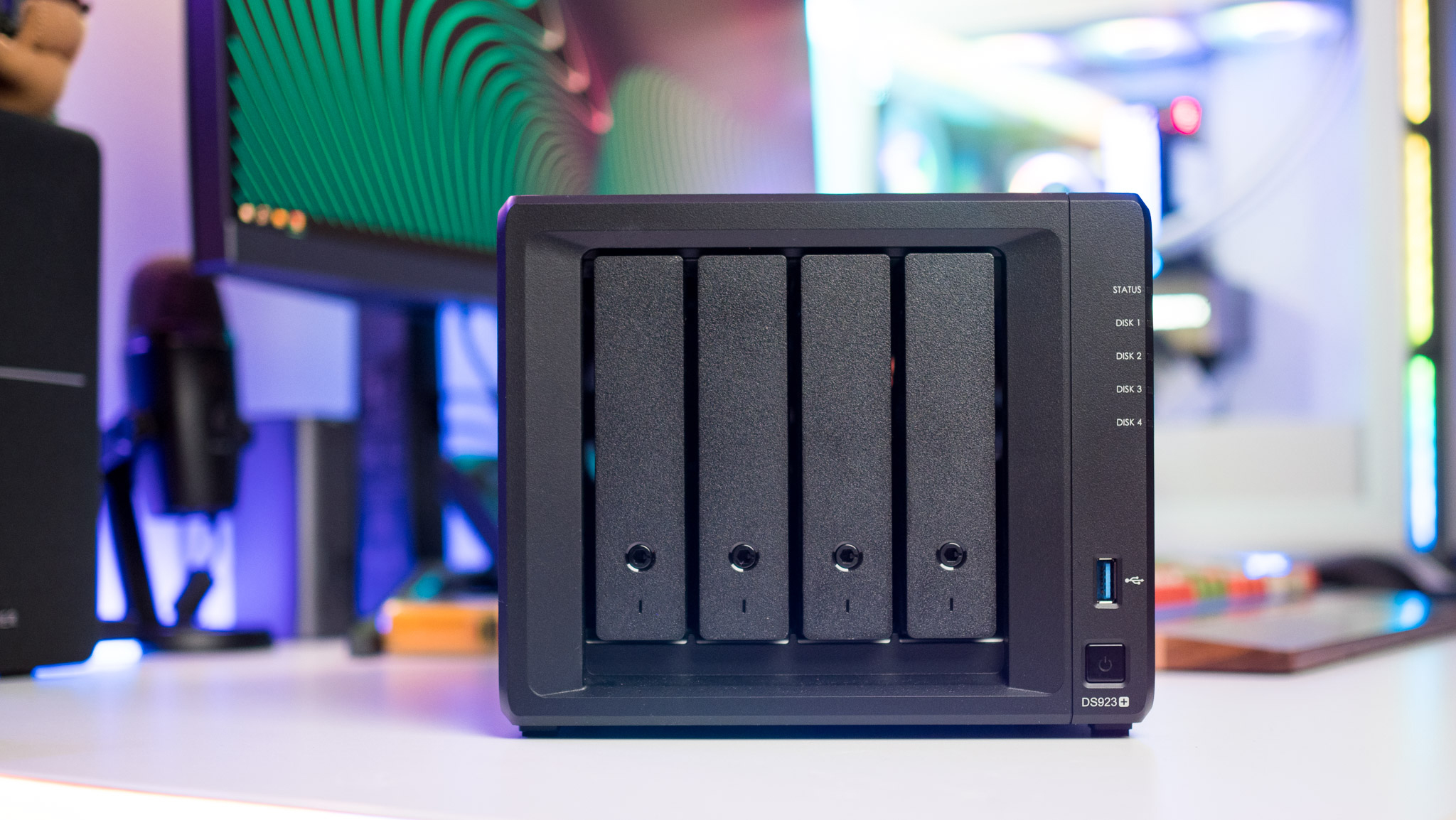







![Here’s the first live demo of Android XR on Google’s prototype smart glasses [Video]](https://i0.wp.com/9to5google.com/wp-content/uploads/sites/4/2025/04/google-android-xr-ted-glasses-demo-3.png?resize=1200%2C628&quality=82&strip=all&ssl=1)














![New Beats USB-C Charging Cables Now Available on Amazon [Video]](https://www.iclarified.com/images/news/97060/97060/97060-640.jpg)

![Apple M4 13-inch iPad Pro On Sale for $200 Off [Deal]](https://www.iclarified.com/images/news/97056/97056/97056-640.jpg)

















